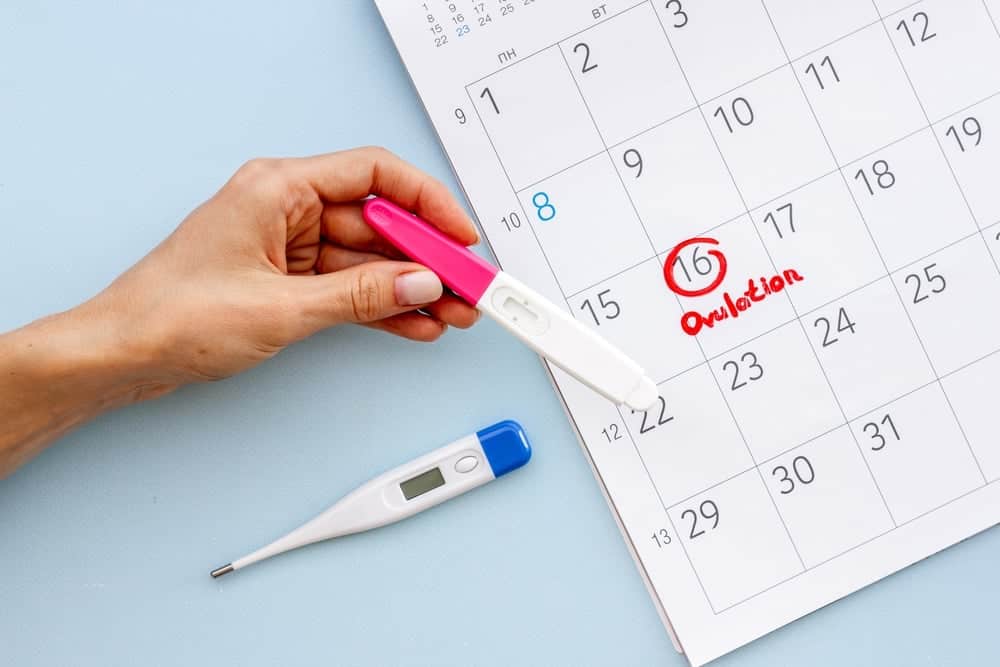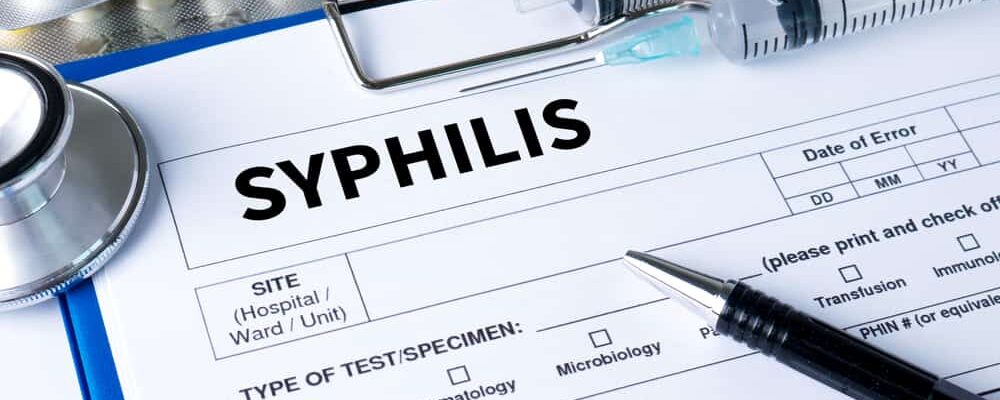Ovulation in women takes place every month, but not everyone knows when they ovulate. If you’re trying to get pregnant or get pregnant by dating, you need to know how to recognize the signs of ovulation.
What is ovulation?
The ovaries are important organs in the female reproductive system. Each month, during each menstrual cycle, the follicles in the ovaries grow to produce the hormone estrogen, when estrogen levels rise, the female body will stimulate the female body to produce luteinizing hormone, causing ovulation.
At this time, the egg will travel from the ovary to the fallopian tube and then into the uterus. Here, if the egg meets the sperm, it will fertilize and form a fetus. If the egg does not meet the sperm, the lining of the uterus will shed and cause menstruation every month.
Depending on the location and health status, diet, exercise regime… each woman will have different menstrual cycles and signs of ovulation.
Why is it important to know when you ovulate?
Knowing the exact date of ovulation, couples can fully actively seek to increase the possibility of pregnancy, or prevent pregnancy during sex. However, everyone’s menstrual cycle is different and can be irregular, so it will be inaccurate to apply a common ovulation formula for all women.

The general formula is: Counting from the end of the menstrual period to the day of menstruation, if it lasts 28 days, then the day of ovulation will fall in the range of 12-16. If the cycle is from 30-40 days, the day of ovulation will be calculated. around day 15 – 26 of the cycle. It should be noted, this is only true if the woman has a regular menstrual cycle.
In addition to the above calculation, we can completely recognize ovulation through the 7 signs below.
7 signs that indicate ovulation is complete
1. No more increase in sex drive

During ovulation, due to increased levels of the hormone estrogen, sexual desire also peaks before and during ovulation. This is a natural physiological phenomenon in women. This is originally to help the couple’s sex life flourish and also increase the chances of conception.
The sign that ovulation has finished is when the body returns to its normal state, which means that you are no longer so excited about the sexual relationship as in the previous period.
2. Signs of ovulation completed: Change in body temperature
A change in body temperature is also one of the signs that ovulation is complete. Normally, before ovulation, the basal body temperature will drop a bit, after ovulation, the body temperature will return to normal.
Women should monitor their body temperature daily at a fixed time (for example, 7:00 am) to detect the exact time of ovulation and the day of ovulation.
3. Vagina is wet
When a woman’s body ovulates, vaginal discharge will be more than usual and have a sticky texture like egg whites. This wetness sometimes makes women uncomfortable because of the humidity and sometimes even smells. But during this time, women should not use tampons every day. Because using tampons continuously will make the intimate area secret, creating favorable conditions for harmful bacteria to grow.
You can often change your underwear if you feel uncomfortable with a wet vagina. You should choose cotton pants that are absorbent and dry to help the private area “breathe” more easily.
4. Signs of ovulation completed: Chest pain
If you pay attention, you will see that in a month, there will always be one or a few days when the breasts suddenly become tight, even painful, even though they are not stimulated or affected by any factors. Don’t worry too much because that is a sign of ovulation. This is because high levels of progesterone cause chest pain. This will go away when ovulation is complete.
5. Headache, Nausea, Dizziness

Hormonal changes during ovulation often make women more sensitive to all the changes around them, easily causing nausea, dizziness, and headaches. This is also a sign of ovulation that you should not ignore.
According to expert advice, women should drink green tea or warm lemon water during this time to reduce discomfort.
6. Bloating
Flatulence, bloating is also an easy sign of ovulation. The cause is still due to an increase in the hormone estrogen, which increases the body’s ability to retain water. When these signs of bloating stop, ovulation is over.
7. Changes in the cervix
Although it is quite complicated to recognize, you should also know that the cervix connects to the vagina and acts as a “door”. It opens for sperm to enter the uterus on the day of ovulation and closes when ovulation is complete.
How to test for ovulation with ovulation test strips
In addition to the above 7 telltale signs, women who have irregular cycles or have difficulty or interruption in monitoring their body status can also use test strips to know exactly when they ovulate.
Ovulation test strip 2 lines for how many days? Test strips will help check the amount of luteinizing hormone in the urine. You do not need to wait for a few days because the test strip will immediately show 2 lines if you are in the ovulation phase.
Signs of ovulation meet sperm
What if the egg meets the sperm at the right time? What are the signs to know that the egg has met the sperm? See 3 early and very recognizable signs right below!
1. Vaginal bleeding
You should pay attention to the bottom of your panties, the sign that the egg has successfully met the sperm is when you see some pink or brown blood spots. This symptom can sometimes be accompanied by lower abdominal pain, cramps, etc.
2. Peeing more
When the sperm meets the egg, the embryo successfully implants in the wall of the uterus, the body will begin to secrete HCG (Human Chorionic Gonadotropin). This is a hormone that plays a role in activating the germ cells of the fetus to develop and mature, and is also the reason why the mother often feels the need to urinate.
3. Tired, sleepy
One of the most obvious signs that the egg has met the sperm is the body’s constant fatigue despite doing nothing hard. This is because the body produces more of the hormone progesterone to help thicken the endometrium, ready for the development of a fertilized egg.
Above are detailed information about the signs of ovulation, how to recognize when the body ovulates, signs that the egg and sperm meet. Hopefully, the article has helped you understand your body better, thereby making the right decisions about the time of pregnancy / contraception as well as proactively adjusting your nutrition and reasonable care regimen.







